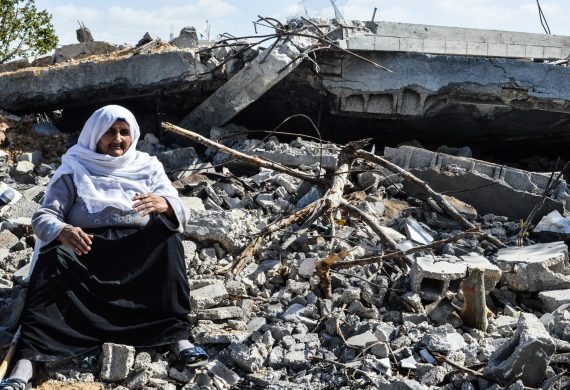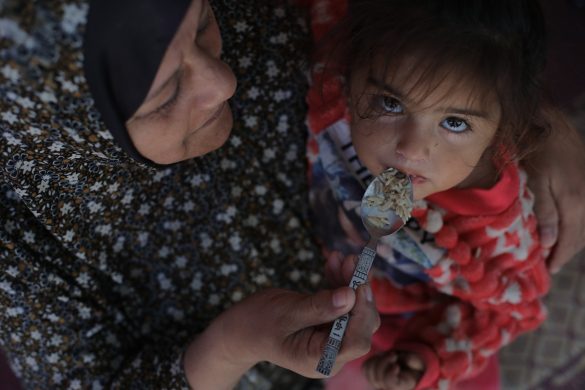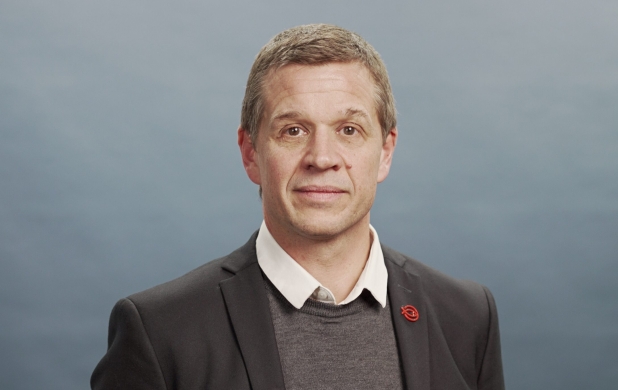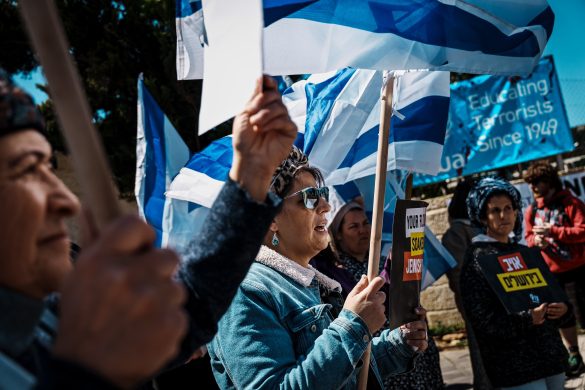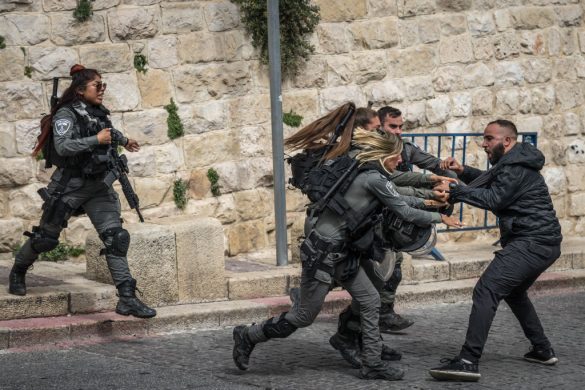11 April 2016 (UN News): More than 75,000 Palestinian families internally displaced in the Gaza Strip as a result of the 2014 escalation of hostilities continue to live in fraught conditions and are in need of homes, the United Nations relief coordination wing for the Occupied Palestinian Territory reported today.
In a press release, the UN Office for the Coordination of Humanitarian Affairs (OCHA) said it conducted an “unprecedented profiling exercise” of Palestinian families internally displaced in the Gaza Strip.
“After hearing from over 16,000 displaced families in the Gaza Strip, it is clear that most continue to live in desperate conditions,” said Robert Piper, the UN Coordinator for Humanitarian Aid and Development Activities for the occupied Palestinian territory.
“International support to end this situation is urgently needed,” he said.
No end to the displacement
According to the survey, more than 80 per cent of families borrowed money to get by in the past year, more than 85 per cent purchased most of their food on credit, and more than 40 per cent have decreased their consumption of food.
In addition, some 62.5 per cent of internally displaced households reported that they are renting living space, including from extended family members, and nearly 50 per cent fear being evicted from their accommodations.
The situation of women and girls is of particular concern, OCHA said. Many families report living in shelter conditions that are lacking in safety, dignity and privacy, including living in tents, makeshift shelters, destroyed houses, or the open air.
“Funding is needed more than ever. We face a funding gap to reconstruct some 6,600 houses, or about 37 per cent of the overall caseload. Without this support, thousands of Palestinians will see no end to their displacement,” said Mr. Piper.
“But this support must go hand in hand with significant changes at the policy level, including a lifting of the blockade and progress towards Palestinian reconciliation. Without such action, coping capacities of exhausted and vulnerable households risk being depleted altogether,” he concluded.

